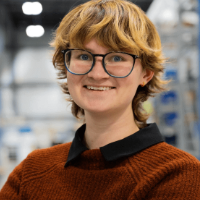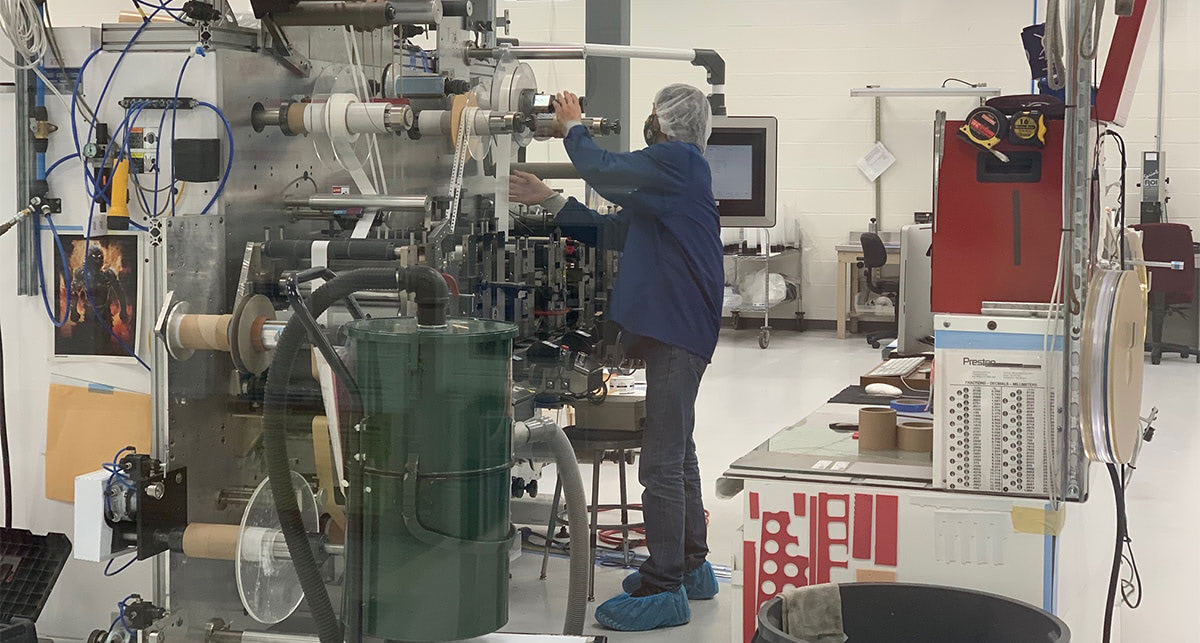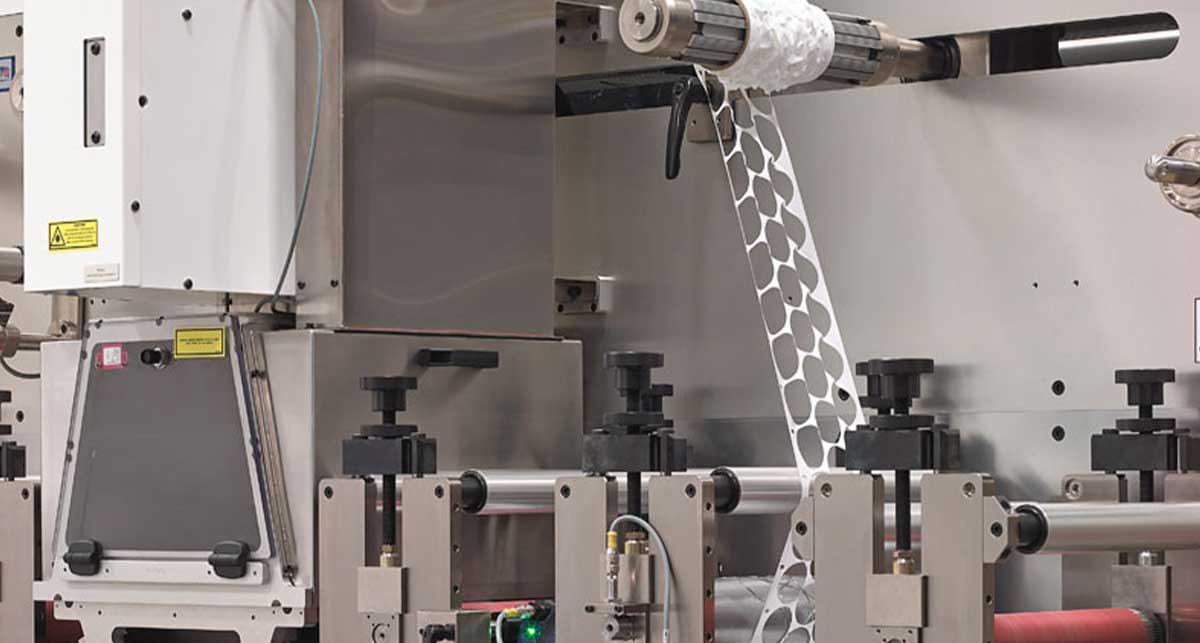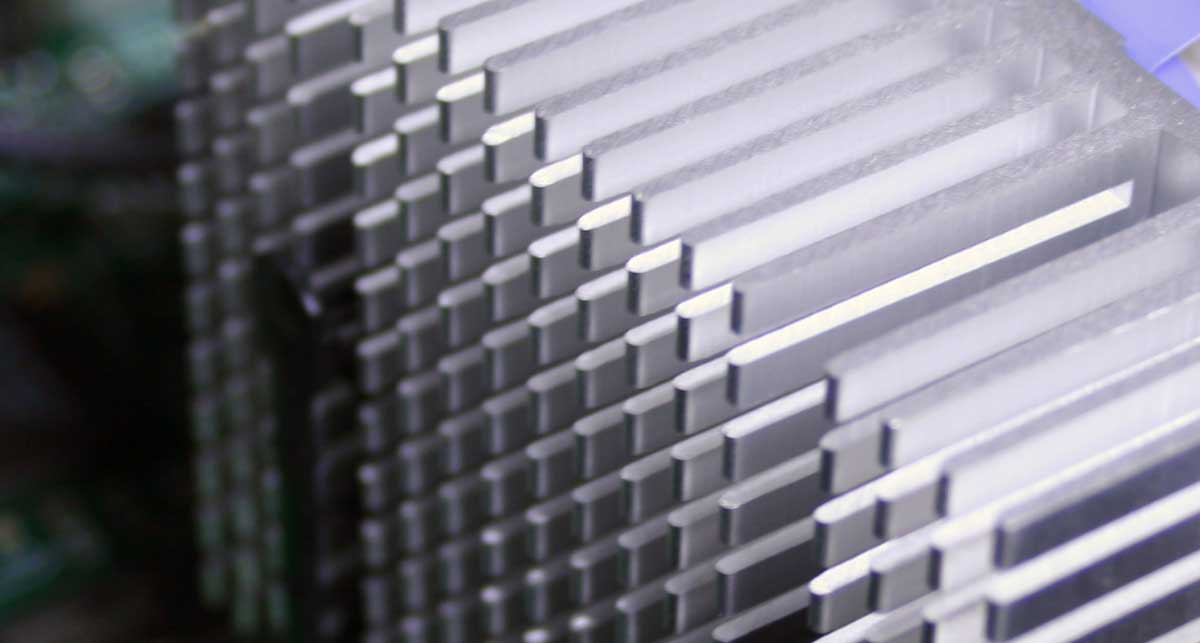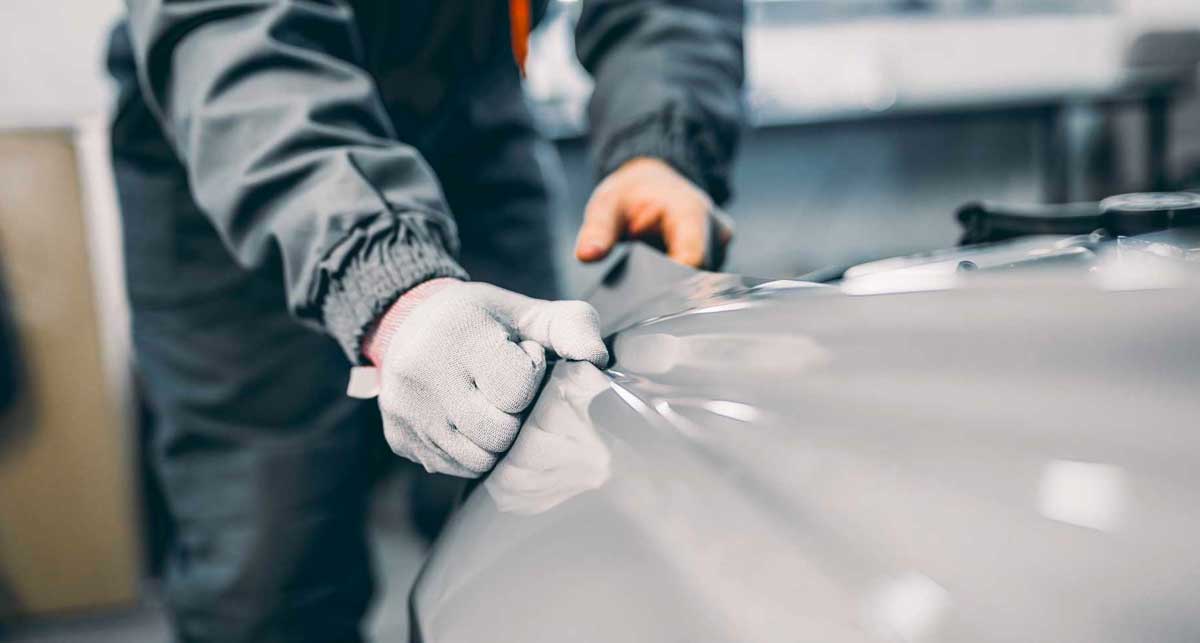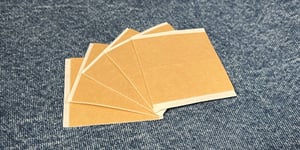You’re cradling the perfect idea in your hands like a delicate baby bird when suddenly it hits you: Am I ready to talk to an adhesive converter?
Unfortunately, there is no perfect moment to begin developing your product, but there are signs that indicate you should wait until the idea is fleshed out. Attempting to scale your product too early could result in the wrong tooling or material, stagnation, and loss of time.
Throughout the years, Strouse has noticed tendencies between clients who bring a lot of information to the table and those who don’t. So, to better prevent wasted resources or your time, we’ve compiled signs demonstrating your readiness to approach a converter.
You’ll learn key indicators to help you decide what steps to take to successfully develop your product before you begin working alongside a converter.
When Should You Talk to an Adhesive Converter?
It can be challenging to know when to contact a converter, but contacting one too early can lead to shuffling your feet and playing email tag. You may ask yourself, how do I know if I’m ready for a converter? If these two things are true (plus a bonus third one), then you should be ready to reach out to a converter.
1. YOU’VE CONSIDERED FLEXIBLE MATERIALS AS A VIABLE SOLUTION
Since you’ve found yourself here, it’s safe to assume that you’ve at least considered flexible materials (tapes, foils, films, paper, plastic, foam, etc.) as a viable solution.
Other options, such as liquid adhesives or mechanical fasteners, may also be considered, but ultimately, you should choose the one that works best for you.
If flexible materials are the best choice, but you don’t know which to use, try your design with different options through Strouse’s Sample Express, which allows you to try out different backings, substrates, or other components of an existing design until you find an effective combination to produce on a larger scale.
Before you seek out materials, ask yourself, have you conceptualized a design? If you haven’t drawn out the design with tolerances, you’ll probably want to visit a design house so your converter can look at the measurements and decide whether they can meet your specifications.
2. YOU HAVE A DESIGN IN MIND & NEED TO PROVE OUT CONCEPT
Strouse isn’t a design house, so we aren’t the first source to reach out to if you need an entire part designed from scratch. If you need a part design, your best bet is to visit a design house or hire a consultant.
If you’re in the early stages of your design process or even midway through a design, reaching out to an adhesive converter is an excellent option.
Once you’re at the point where you already have a design, a converter can help you test different variations. Many converters offer adhesive samples and trial runs to test your designs to help you decide which is the most practical for your intended purpose and prove out feasibility.
There are many reasons why you’re better off approaching a converter with the basic framework for a design, primarily the ability to ensure your design is manufacturable.
In a moment, we’ll discuss design scalability, but if you’re still very early in the design process, here are companies we recommend that can help you:
- Stress Engineering Services: Stress Engineering offers consulting services on topics such as aerospace engineering to forensics. If you’re looking for mechanical design assistance, their product development solutions could be an excellent fit.
- The Tape Lab: The Tape Lab offers a wide range of consulting services, such as process consulting, materials consulting, and product consulting, in a wide range of disciplines.
The type of consultant you need will depend on what you’re making. Whether you’re working on a mechanical, electrical, pneumatic, or robotic project, different types of engineering consultants can give you the guidance you need.
Your converter can’t prepare to build your design without knowing its size, shape, material, etc. But what if you don’t know how to design a part? If you only have the idea for a die cut part, you’re better off seeking other avenues before approaching a converter.
(BONUS) 3. YOU’VE THOUGHT ABOUT SCALING
Every inventor dreams of bringing their product from the screen into reality, but how do you plan on gaining momentum after your design is built? Scaling up your adhesive production can be intimidating when you’re just starting on a project, but if it’s considered now, it’ll save many headaches down the road.
Certain sample-making practices, such as laser die cutting, aren’t always ideal for giant part quantities, and it’s better to learn there’s an issue upfront rather than after spending time and money validating a process you’ll eventually have to change.
If you know you’re interested in scaling but are unsure how to begin, your converter can manage your growth plan to select the right design and build the process with the future in mind.
Don’t just assume your converter can scale up your adhesive; decide on your future plans and ask your converter how far they can take you within their industry.
Knowing When You’re Ready to Work With an Adhesive Converter
If none of the previous information had warning bells ringing in your head, then you’re probably ready to contact an adhesive converter.
Asking for die cuts doesn’t have to be a grueling task. The most important thing to remember is to take your time explaining the nature of your project and any relevant background information that would make the entire process go more smoothly.
Say you’re interested in getting started with an adhesive converter, but you’re still in the early stages of the process. You can learn more about how adhesive converters approach product design, timelines, and value through our guide, 11 Questions to Ask Before You Choose a Converter.
When in doubt, schedule a consultation to find out how we can help you at your current stage of development.
Originally published: January 11, 2023
